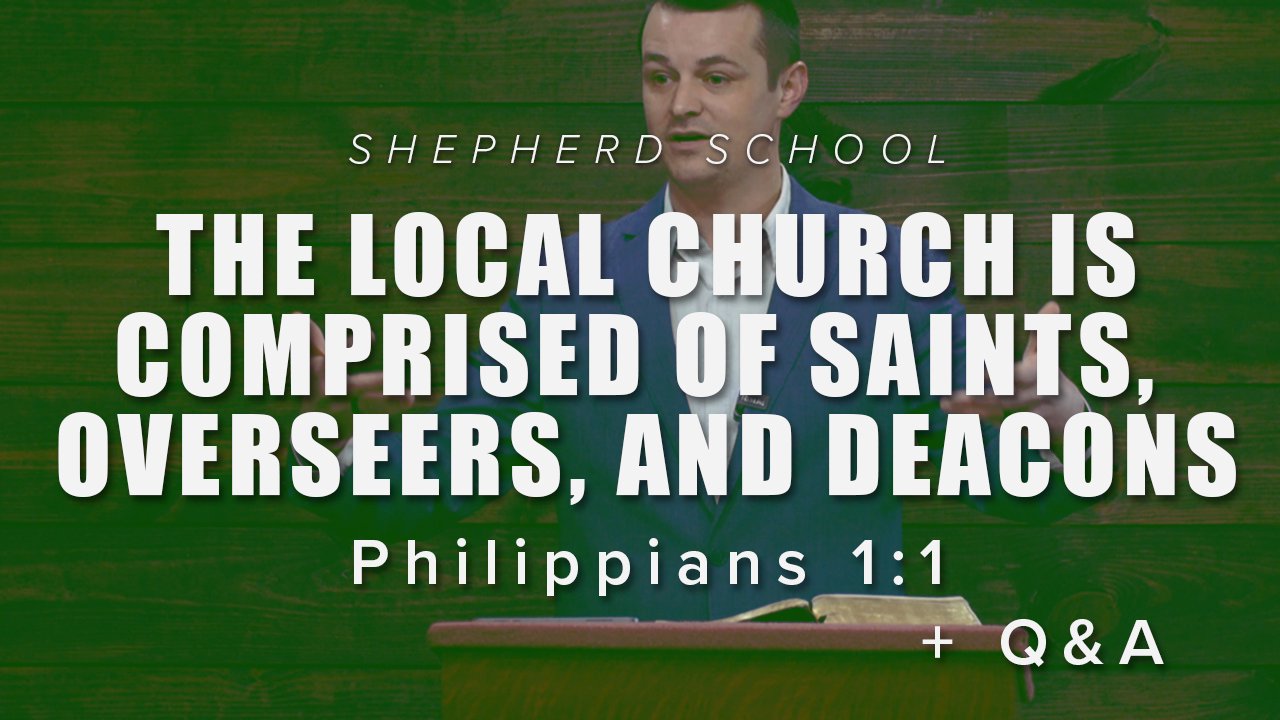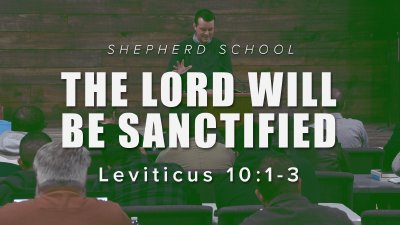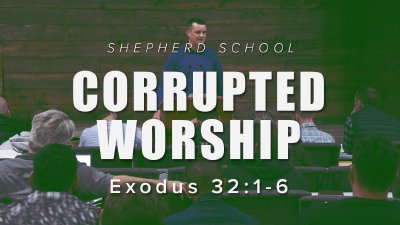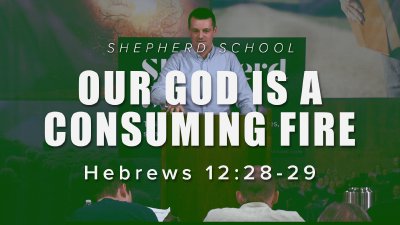DOCTRINE: Local churches are comprised of saints, deacons, and overseers. Saints are the covenant body, Deacons the appointed servants, and Overseers the entrusted leaders, with Christ Jesus Himself as the Chief Shepherd.
I. CHIRST HIMSELF IS THE CHIEF SHEPHERD OF THE CHURCH (Philippians 1:1a).
II. LOCAL CHURCHES ARE COMPRISED OF SAINTS (Philippians 1:1b)
III. LOCAL CHURCHES HAVE DEACONS (Philippians 1:1d)
DOCTRINE: If disciples are going to be and the saints cared for, local churches must have qualified Deacons, who are appointed to serve the body alongside the Pastors.
6 points on Deacons.
I) The word Deacon means simply means “Servant” (Philippians 1:1, etc.).
II) Every Christian is to be a “servant” but there are some appointed as “Servants” of local churches (Mark 10:42-45).
III) Deacons are not the same thing as Elders, Pastors, Overseers (1 Timothy 3:1-13).
IV) Deacons must meet the qualifications laid out for them in Scripture (1 Timothy 3:8-13).
V) Churches approve Deacons, and Pastors appoint them (Acts 6:6; Titus 1:5).
VI) The job description of deacons is simply to serve and care for the church in ways that enable the Pastors to care for the church through the Word and prayer (Acts 6:4; Acts 6:7).
IV. LOCAL CHURCHES HAVE OVERSEERS (Philippians 1:1c)
6 points on Overseers.
I) The words overseer, elder, and pastor are used interchangeably in the New Testament (1 Peter 5:1-2).
II) There must be a plurality of pastors (Acts 20:17, etc.).
III) Pastors must train up pastors (2 Timothy 2:2).
IV) Women are not pastors (1 Timothy 2:12).
V) Pastors must meet the God-breathed qualifications and be appointed by the current pastors (selected Scriptures).
VI) Pastors must labor to fulfill their God-breathed duties as laid out in the Scriptures (selected Scriptures).
(I) Prayer and the study of scripture (Acts 6:4). (II) Ruling and leading the church (1 Tim. 5:17). (III) Managing the church (1 Tim. 3:4-5). (IV) Caring for the members of the church (1 Pet. 5:2-5). (V) Living exemplary lives (Heb. 13:7). (VI) Rightly using the authority God has given them (Acts 20:28). (VII) Teaching the Bible correctly (Eph. 4:11; 1 Tim. 3:2). (VIII) Preaching (1 Tim. 5:17). (IX) Praying for the sick (James 5:13-15). (X) Teaching sound doctrine and refuting false teachings (Tit. 1:9). (XI) Working hard (1 Thess. 5:12). (XII) Rightly using money and authority (1 Pet. 5:1-3). (XIII) Protecting the church from false teachers (Acts 20:17-31). (XIV) Overseeing the discipline of unrepentant members (Matt. 18:15-17, Gal. 6:1-5). (XV) Obeying the secular laws as a legal ruling body of a corporation (Rom. 13:1-7). (XVI) Giving account to God for the church (Heb. 13:17). (XVII) Training other leaders and teachers (Eph. 4:11-16; 2 Tim. 2:1-2).

THE LOCAL CHURCH IS COMPRISED OF SAINTS, OVERSEERS, AND DEACONS: Philippians 1:1
Philippians 1:1
April 18, 2022 • Brett Baggett • Philippians 1:1







